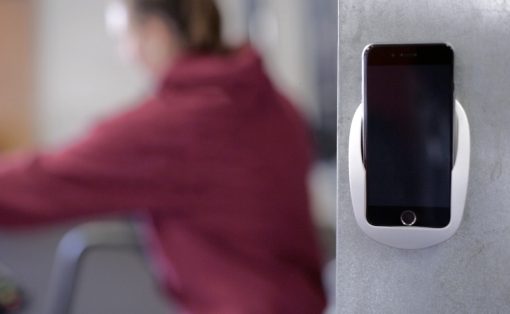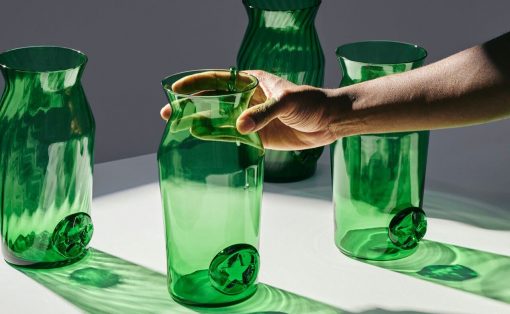![]()
We had thankfully gone past the phase when everyone was trying to look like the iPhone or something similar. Although phone designs still change at a fast rate, major brands have started sticking to more standard and identifiable designs, at least for two or three generations. This helps develop brand recognition and trust, especially if it happens to be a very popular and distinctive design. A case in point is the Pixel 6 from 2021, whose quirky “visor” has endeared it to many fans. Fortunately, Google decided to stick to that with the Pixel 7 last year, and it seems that it will still be doing so with the Pixel 8 Pro based on these unofficial renders, with a few changes to make it look like a more refined product rather than something that was just made on a whim.
Designer: Steve Hemmerstoffer (via Smartpix)
![]()
Despite using the front of our phones 100% of the time, it’s really their rears that give them their identity. Lately, phone manufacturers have thankfully become more mindful of the designs of their phone’s backs and don’t simply slap on whatever works just to fit the large camera sensors there. Google made a leap of faith with the Pixel 6’s camera design, and its gamble paid off, becoming the identifying mark of its flagship smartphones. The design is perhaps so eccentric that few even dared to copy that, much to the Pixel’s advantage.
![]()
The Pixel 7 didn’t change that basic design language, but it did smooth out some of the rough edges, making the phone look almost more professional. Given smartphone trends of the past, there was a very real chance that the Pixel 8 would no longer use that design. According to leaks, that isn’t the case, but Google is apparently still shuffling things around a bit to improve on the design, hopefully for yet another round next year.
![]()
There are two things that will immediately stand out from these renders. The corners of the phone are more rounded, for one, though the effect is more subtle. The more visible difference from the Pixel 7 Pro, however, is the screen, which is now completely flat. There was a time when curved edges were considered the hallmark of premium phones. That doesn’t seem to be the case anymore, especially after more people found those curved sides to be less usable.
![]()
While the visor-like camera design remains unchanged, the holes for the cameras have now been unified into a single area, at least visually. This hopefully simplifies the design as well as the manufacturing, perhaps even increasing the structural integrity overall. Other than those, the changes to the Pixel phone’s design seem to be minimal, pointing to refinement instead of revolution. Moving forward, this could easily become the Pixel’s signature design, that is, until Google stumbles on the next big thing in design.
![]()
![]()






